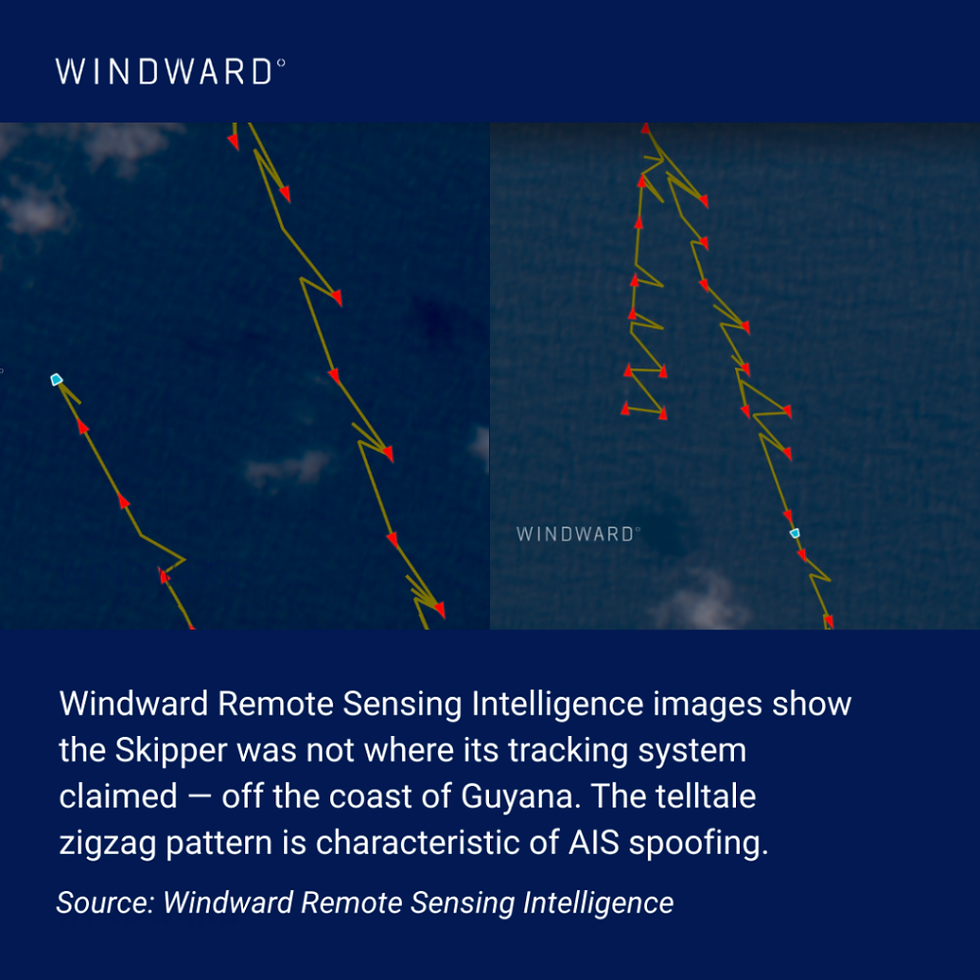ESCALATING MILITARY TENSIONS IN LIBYA
- rorykevinproud
- Aug 22, 2024
- 2 min read
22 August 2024 Ambrey
This report by Global Maritime Risk Management experts, Ambrey details the recent shipment of Russian military equipment to Tobruk, Libya, highlighting the increasing Russian influence in eastern Libya and the potential ramifications on regional stability.
The political divide between Libya's rival governments is deepening, with the eastern-based Libyan National Army (LNA) under General Khalifa Haftar gaining military support from Russia, in violation of UN sanctions.
The rising tensions, particularly around oil production and control, pose a significant threat to the stability of Libya and could lead to localized conflict, impacting oil markets and regional security.
The situation is closely monitored by international actors, including the US, due to the potential for broader geopolitical consequences.
Incident:
Turkish-owned, Cameroon-flagged Ro-Ro vessel transported Russian military KamAZ trucks from Novorossiysk, Russia to Tobruk, Libya via Gemlik, Turkey.
Over 30 KamAZ trucks were visible on the vessel at Gemlik.
The vessel sailed through Turkish territorial waters and arrived in Tobruk on August 3rd.
Russian military deliveries to eastern Libya have increased recently, with possible monitoring by US reconnaissance flights.
Russian paramilitary group Africa Corps uses Tobruk as a logistical entry point into Africa.
UN Security Council Resolution 2578 (2021) renewed the Libya arms embargo.
Context:
Libya remains divided between the Government of National Unity (GNU) in Tripoli and the eastern-based House of Representatives supported by General Khalifa Haftar’s Libyan National Army (LNA).
Russian influence in eastern Libya has grown, with military shipments likely supporting both local and broader African conflicts.
Russian military cooperation with eastern Libya violates UN sanctions.
Analysis:
On August 13th, the Libyan House of Representatives dismissed the GNU, raising tensions.
LNA and Africa Corps units have been active near Libya's borders with Niger and Algeria.
The GNU has raised the alert level in the southwest amid fears of conflict.
Disruptions in oil production at the El Sharara field due to political disagreements between Libya’s rival governments.
US reconnaissance aircraft monitoring indicates increased tensions, with potential for localized military operations but unlikely full-scale civil war.
Implications:
Libya, Africa's largest oil producer, could see significant disruptions in oil production and maritime trade if conflict resumes.
Humanitarian conditions could worsen, and the risk of terrorist attacks on ports and oil infrastructure may increase.
Russia may benefit from higher oil prices and gain a strategic military foothold in the Mediterranean.
The conflict's impact on oil production and the maritime economy could be significant even if localized to southern Libya.





Comments